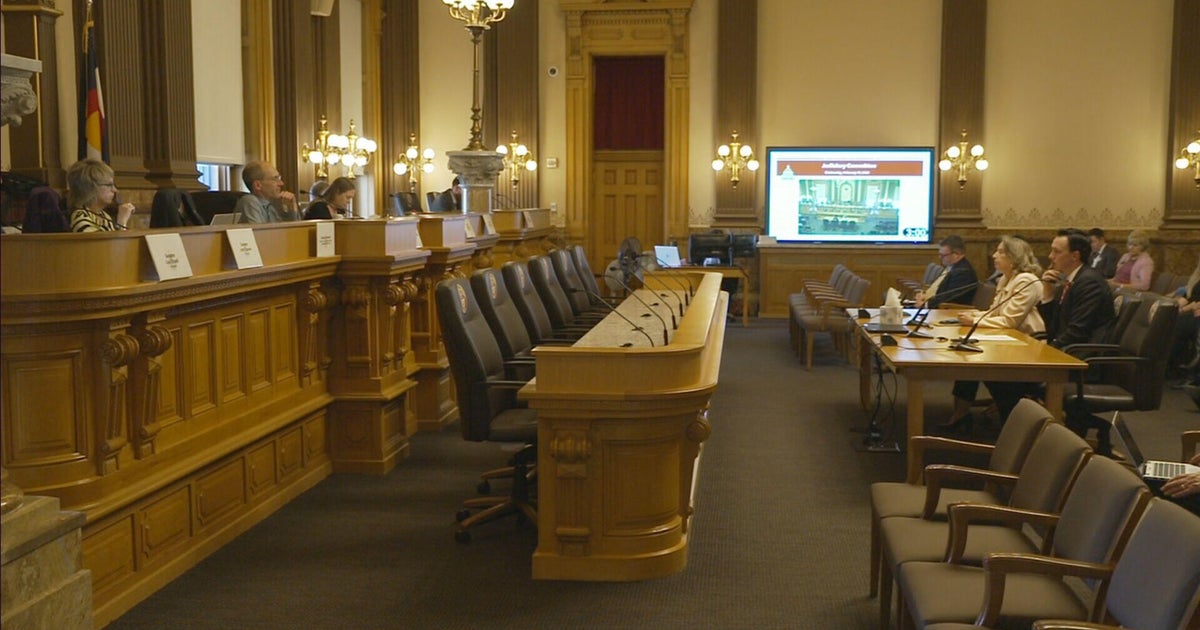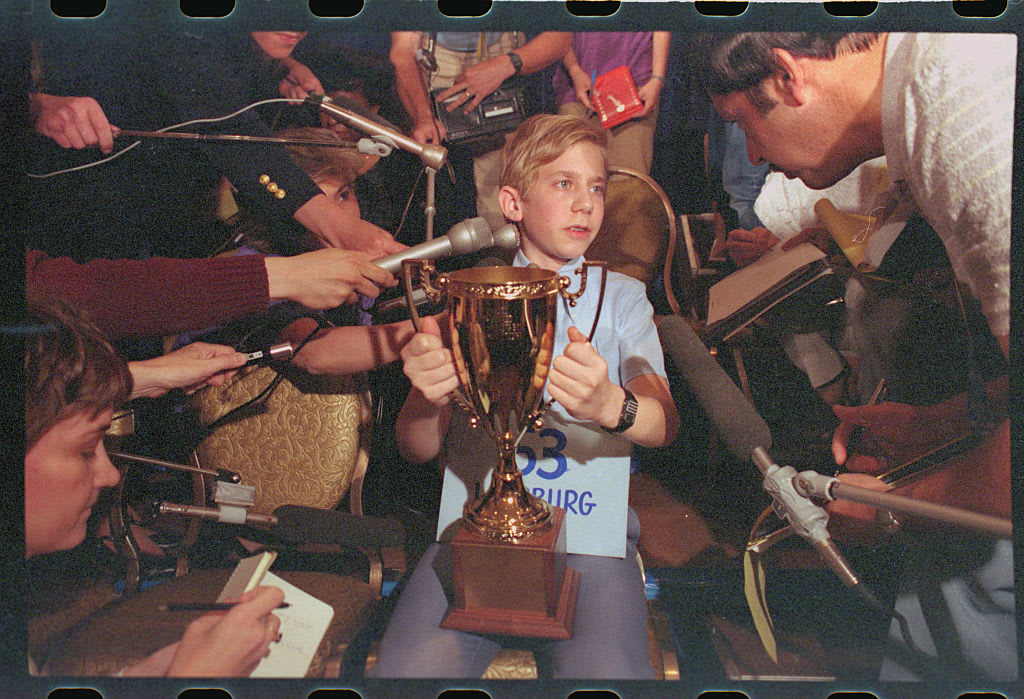#MeToo has changed how a lot of single men behave, new study finds
A new study that looks at how #MeToo has affected dating culture found that 51% of single American men feel the movement made them change how they act. Nearly 60% of all singles said the movement is important to them and nearly half agreed it started a much-needed conversation.
The nationwide study, conducted by online dating company Match, surveyed more than 5,000 single men and women, from age 18 to 99 and did not just stick to Match users.
Helen Fisher, a biological anthropologist and the chief scientific adviser for the company, told "CBS This Morning" this marks a "massive social change in our society."
"51% of men have changed their behavior, 40% of men have changed their behavior at work and 33% of men have changed their behavior on a date. Actually, social scientists have been tracking social change for decades. That's a huge change." Fisher said. "I mean, if you try to ask people to try to stop eating sugar or get some more exercise or drink less, very few people really change their behavior."
According to Fisher, men are being more careful, reserved and more cognizant of the kinds of jokes they make in an effort to have the right kinds of conversations. But as women strive for equality in the workplace, their desire for traditional courtship seems to remain, Fisher said.
"You know, 90% of men would be perfectly happy if a woman asked them for their telephone number. 90% would be perfectly happy if women made the first sexual move and had a kiss," she said. "I was thinking about this, should we reinstate Sadie Hawkins Day for women?"
Fisher chalks this up to an overcorrection – kind of like the stock market. But at the end of the day, it's a sign of progress toward total equality between the sexes. "In fact, we are shedding 10,000 years of our agrarian tradition," Fisher said.
Another trend she noticed is something she likes to call "slow love." Millennials are marrying later and it's working out for them.
"I'm really impressed by millennials. They're very cautious and they're very ambitious. They're very practical," Fisher said. "First they want to be just friends, then they want to move to friends with benefits … Then they slowly tell friends and family, then they slowly move in together, and then they wed. The later you marry, the more likely you are to remain together. It's a very interesting, solid, good movement, but they're being very careful. Like you said, they want to make sure they're financially stable, that their career is in order before they actually catch feelings."
Another find? Most young people are optimistic about finding a lifelong partner which, according to Fisher, is entirely possible if you marry later in life.
"Every year I ask that question, and some years as much as 89% of both men and women believe that when you find the right one, you can do it forever. And it's entirely possible in this day and age."



